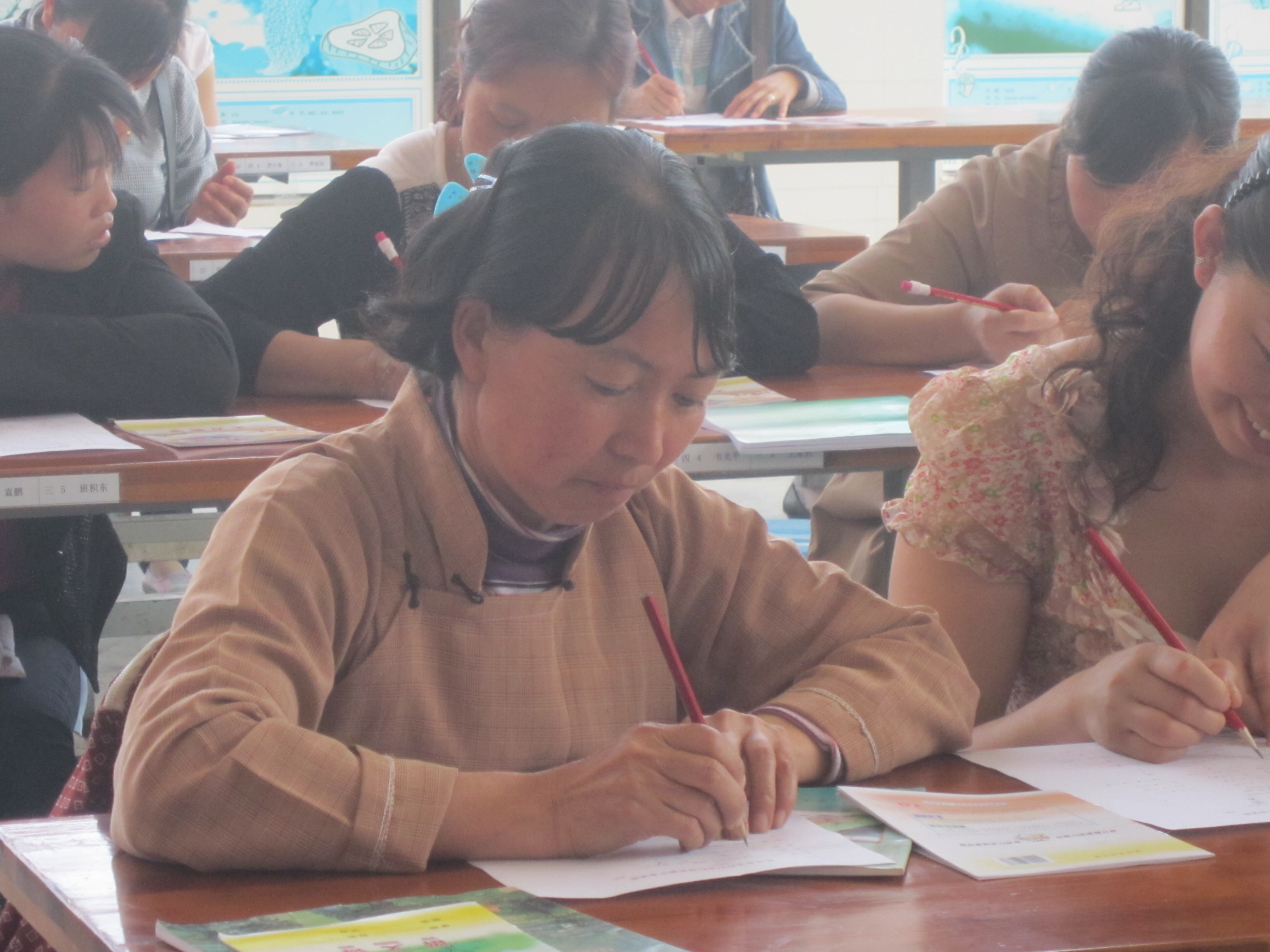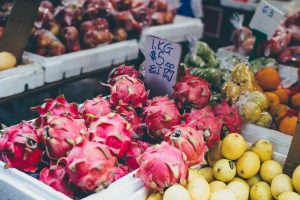Women in rural China are chasing their dreams with the help of new literacy and business programs that are giving them the skills they need to build their own businesses and change their lives.
The two programs, run by a Beijing-based non-government organisation and ExxonMobil, were designed to teach rural Chinese women from ethnic minorities not only the skills to read and write, but also how to run a business.
The Literacy Project is run in China’s southern and western provinces and has given more than 3,000 formerly illiterate Chinese women new opportunities for them and their families.

Rural literacy programs equip Chinese agricultural women with skills to improve their lives.
One participant, dragon fruit farmer Ceng Xiaohong, said learning how to read completely changed the way her family farms in Guizhou Province’s Luo Dian County.
Before the program, Xiaohong planted dragon fruit in the traditional way; however, crops were often small.
“After the program, I could read the planting guides developed by experts and know how to properly apply fertiliser, prune the trees and propagate the plants’ pollen,” Xiaohong said.
“I’m very happy that the output is much bigger than before; the fruits are quite popular now due to the better quality.”

After learning to read, Zeng Xiaohong was able to sell her dragon fruit on the market.
Xiaohong said she also gained the skills to sell the fruit herself, making even more money for her family.
“I learnt how to calculate and record the transactions in the literacy class. I can now sell the dragon fruit in the market by myself. The literacy class helped me change my life,” she said.
Long Guoying, an ethnic Miao woman from Danzhai County in Guizhou, took part in a business program in her village.
The Start Your Business program, which has helped more than 300 rural women in China, provided her with an ecotourism experience among the historic villages of the Henan province, so she could see how cultural heritage can be promoted as a tourist attraction.
Guoying said the program inspired her to take the leap and begin her own business that also showcased the Miao cultural heritage, such as the renowned traditional Golden Pheasant (Jin Ji) dance and distinctive Miao silver jewellery.
“My dream came true. I now plan to build a new house to expand my business in the future,” she said.




